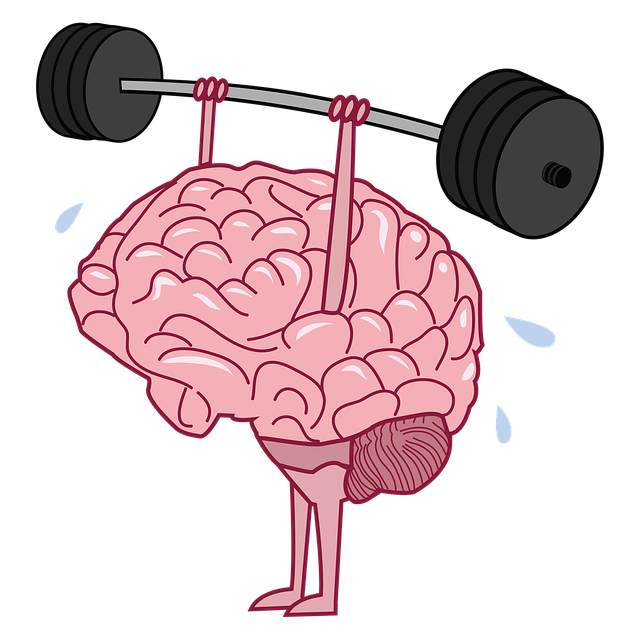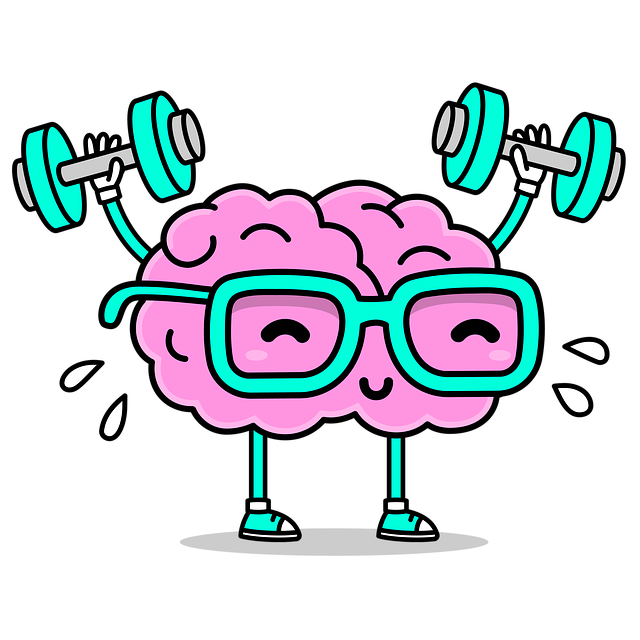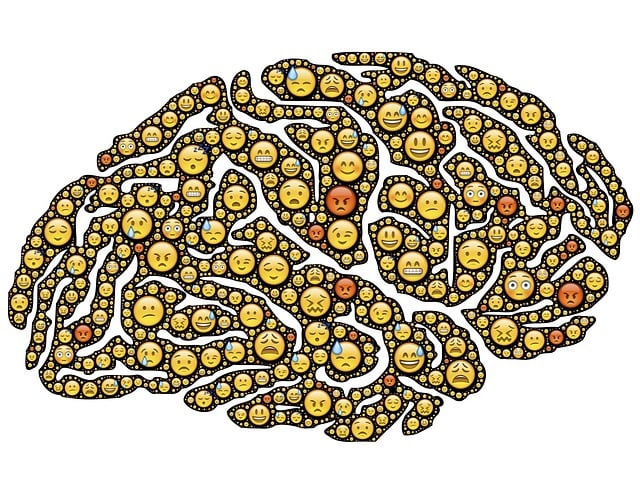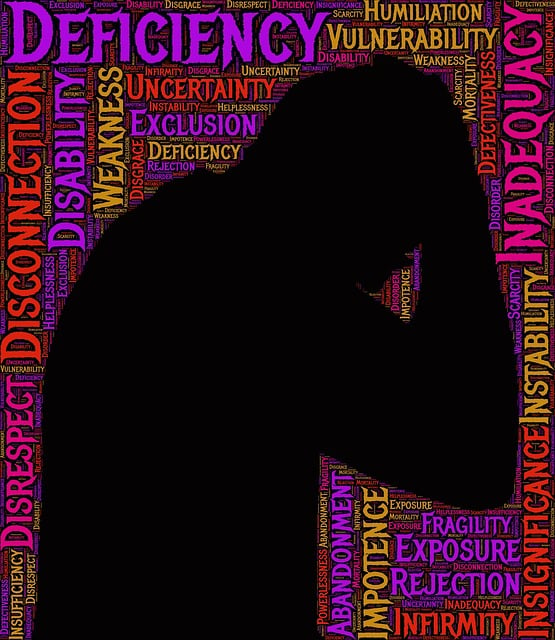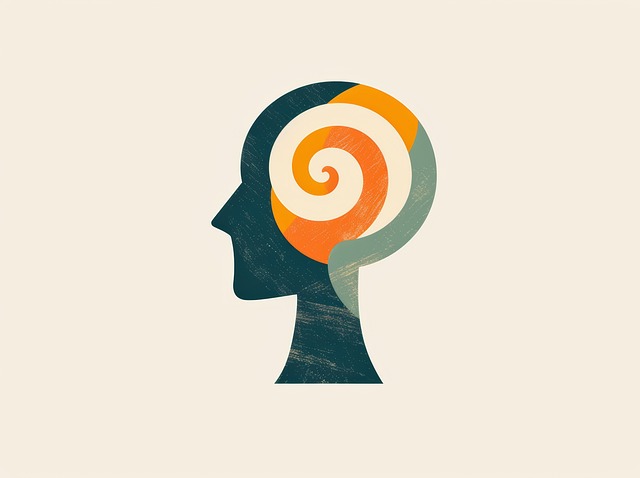Understanding mental illness diagnoses is key for Denver parents and caregivers navigating developmental disability therapy. Comprehensive guides demystify mental health care, empowering them with knowledge about coaching programs and journaling exercises. By embracing these tools, prioritizing burnout prevention, and fostering open communication, caregivers can actively support their loved ones' recovery and improved mental wellness. Denver Developmental Disability Therapy provides evidence-based practices, advocates for inclusivity, and offers tailored support to enhance overall well-being and community participation.
“Navigating mental illness diagnoses and treatment options can be a daunting task, especially for parents and caregivers. This comprehensive guide aims to demystify the process, offering valuable insights into understanding various mental health conditions. We explore the critical role of specialized therapies, such as Denver Developmental Disability Therapy, in tailoring effective treatment plans.
From creating supportive environments to fostering long-term management and recovery, this article provides essential strategies for those supporting individuals with mental health challenges.”
- Understanding Mental Illness Diagnoses: A Comprehensive Guide for Parents and Caregivers
- The Role of Denver Developmental Disability Therapy in Navigating Treatment Options
- Creating a Supportive Environment: Strategies for Effective Therapy Engagement
- Long-term Management and Recovery: Empowering Individuals with Mental Health Conditions
Understanding Mental Illness Diagnoses: A Comprehensive Guide for Parents and Caregivers

Understanding a mental illness diagnosis is a crucial step for parents and caregivers to effectively navigate their loved one’s treatment journey. It’s important to remember that mental health conditions are just like physical ones – they have distinct symptoms, causes, and treatments. A comprehensive guide can help demystify this process, ensuring parents feel equipped to support their child or ward.
In Denver, with its array of developmental disability therapy services, a solid understanding of mental wellness coaching programs development is key. This includes recognizing the signs and symptoms associated with various mental health disorders, such as anxiety, depression, or bipolar disorder. Mental wellness journaling exercises guidance can also be beneficial for both the individual struggling and their caregivers, helping to track progress, identify triggers, and foster open communication. By embracing tools like these and prioritizing burnout prevention, parents and caregivers can actively contribute to their loved ones’ recovery and overall mental wellness.
The Role of Denver Developmental Disability Therapy in Navigating Treatment Options

Denver Developmental Disability Therapy plays a pivotal role in assisting individuals with mental illness to navigate complex treatment options. This specialized therapy focuses on fostering inner strength and emotional well-being promotion techniques, tailored to address unique challenges faced by those with developmental disabilities. By employing evidence-based practices, therapists help clients understand their conditions, develop coping strategies, and make informed decisions about their care.
The therapy also extends its benefits beyond individual treatment, advocating for mental health policy analysis and advocacy. It works to ensure that the broader community is equipped with resources and knowledge to support folks with developmental disabilities, thereby promoting an inclusive environment that prioritizes mental health and well-being for all.
Creating a Supportive Environment: Strategies for Effective Therapy Engagement

Creating a supportive environment is paramount for effective mental illness diagnosis and treatment navigation. This involves fostering an atmosphere of acceptance, understanding, and non-judgment to encourage individuals with developmental disabilities in Denver to actively engage in their therapy. Strategies such as open and honest communication, utilizing positive reinforcement, and tailoring therapy sessions to individual needs can significantly enhance therapeutic outcomes. By implementing these methods, mental health professionals can help reduce the often profound impact of mental illness stigma, promoting a sense of safety and empowerment that facilitates resilience building among clients.
Effective therapy engagement hinges on strong Communication Strategies tailored to each client’s unique experiences and perspectives. This includes clear, empathetic explanations of diagnoses, active listening, and collaborative goal setting. Mental health professionals in Denver should also incorporate Resilience Building techniques into their practice, equipping individuals with coping mechanisms and adaptive strategies to navigate challenges beyond the clinical setting. Ultimately, these approaches contribute to a holistic approach to mental illness treatment, aiming not just to manage symptoms but to enhance clients’ overall well-being and foster meaningful participation in community life.
Long-term Management and Recovery: Empowering Individuals with Mental Health Conditions

Mental illness diagnosis and treatment navigation assistance play a pivotal role in empowering individuals with long-term management and recovery strategies. Denver Developmental Disability Therapy programs focus on fostering resilience and self-reliance among those living with mental health conditions. By integrating evidence-based practices, these therapies help individuals develop coping mechanisms tailored to their unique needs. Social Skills Training, for instance, equips them with the tools to navigate social interactions more effectively, reducing feelings of isolation and promoting positive relationships.
Burnout Prevention Strategies for Healthcare Providers are also integral to this process. Mental health professionals must prioritize self-care to sustain their practice and better support their clients. Regular risk assessments, utilizing tools like those for identifying potential risks in mental health settings, ensure that practitioners maintain a healthy work-life balance. This, in turn, enables them to provide consistent and compassionate care, enhancing the overall effectiveness of treatment plans.
In navigating mental illness diagnosis and treatment, resources like Denver Developmental Disability Therapy play a pivotal role in empowering individuals and their families. Throughout this article, we’ve explored essential strategies from understanding diagnoses to fostering supportive environments for effective therapy engagement. The long-term management and recovery discussed highlight the importance of continuous support and adaptation. By utilizing resources like Denver Developmental Disability Therapy, parents, caregivers, and individuals can confidently chart a course towards improved mental health outcomes.






